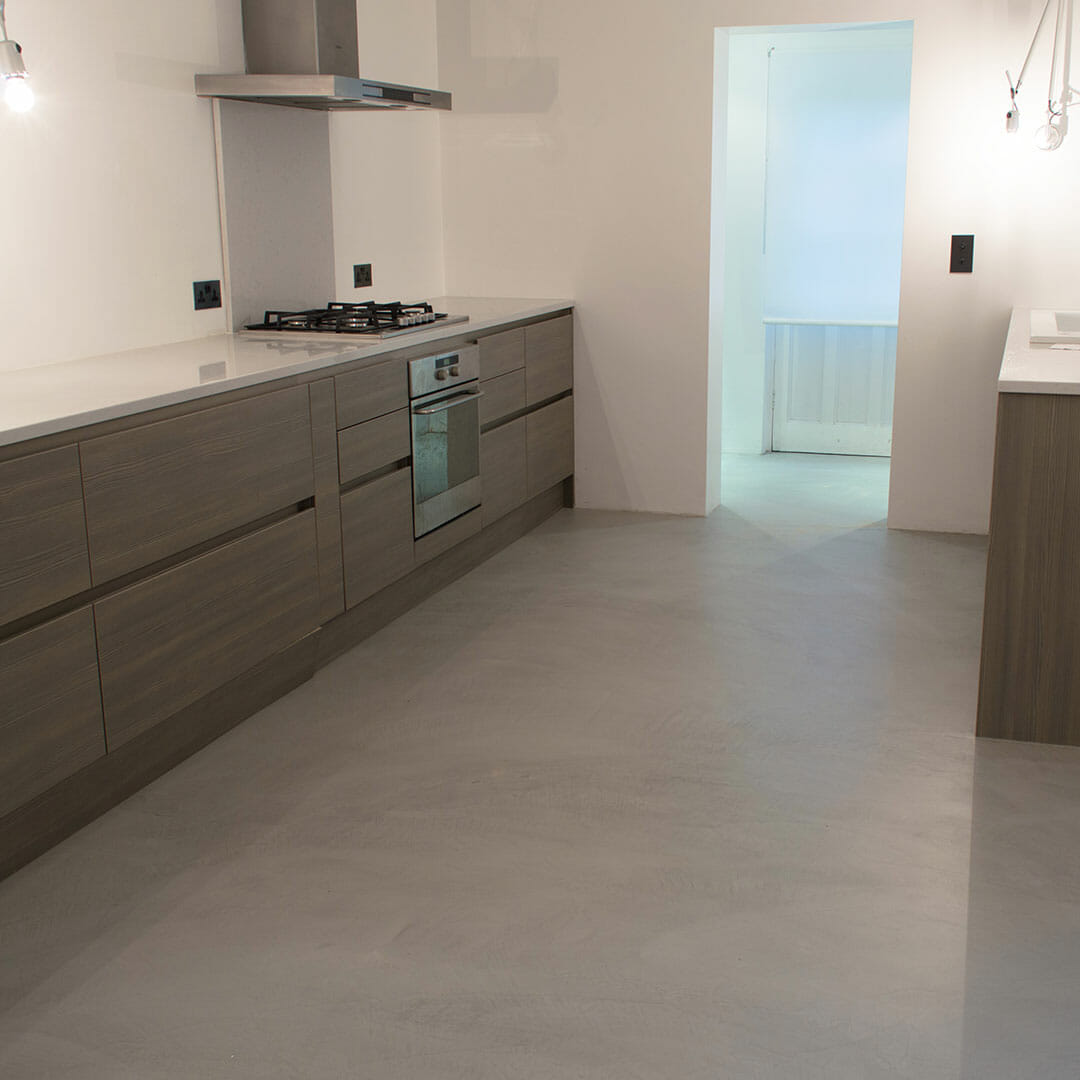
Microcement Kitchen Floor
What is microcement? Supplies How to apply microcement Step 1: Surface preparation Step 2: Mix microcement and apply first layer Step 3: Apply second layer of microcement Step 4: Sand imperfections Step 5: Apply a sealer DIY Concrete Bathroom Walls Reveal Microcement application tips Frequently Asked Questions Helpful resources What is microcement?

Creating a Microcement Bathroom in a 17th Century Converted Barn Tadelakt, Polished Plastering
January 24, 2023 Elliot 0 0 1274 Are you struggling to build your dream home? If so, one reason might be because of the materials used. You might consider micro cement. It's a new type of self-leveling cement. You can use it to create perfectly flat surfaces.

Microcement London Polished Concrete
Microcement flooring, also known as Micro-screed, offers a compelling alternative to traditional polished concrete floors. This innovative solution involves the application of a thin, polymer-modified cement layer, typically over an elastic mortar base, resulting in a total depth of around 2-3mm.

Microcement Floors Polished Concrete Floors Relentless Interiors
A material that is continuous, resistant, flexible and versatile. The microcement in bathrooms is the latest trend in wall cladding thanks to its multiple technical and aesthetic advantages. For example, it can be applied on surfaces in both kitchens and bathrooms as it is a product that is impermeable and easy to clean.
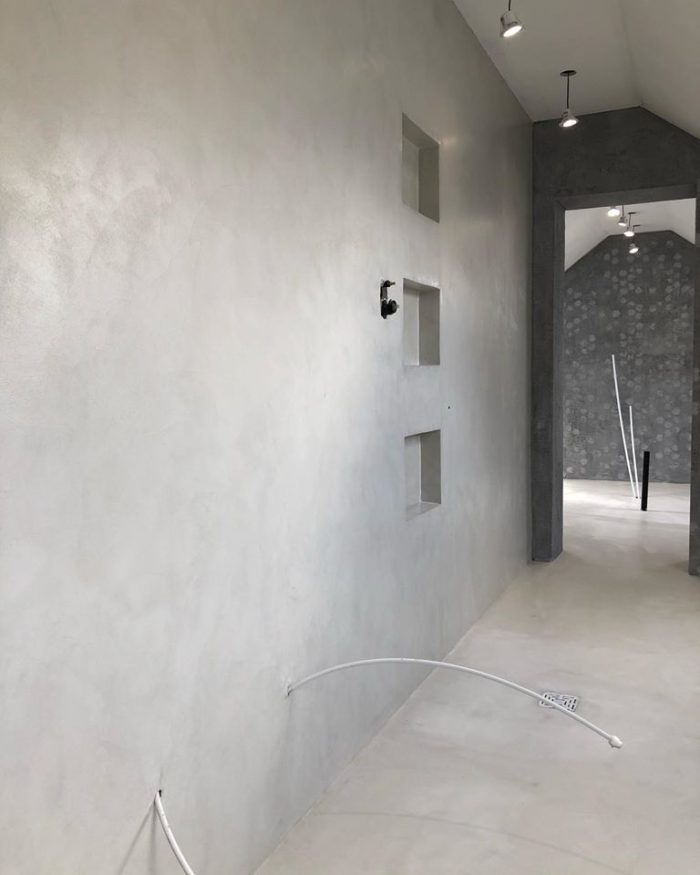
Properties best suited to the use of micro cement and why Chrysalis
Microcement, also known as micro-screed, micro-concrete or micro-topping is a cement and polymer-based coating which is thinly applied to floors, walls and in some cases joinery in residential and commercial environments to create a concrete look.

MicroCement and MicroConcrete Living Concrete
Microcement has gained significant popularity as a versatile building material, offering endless design possibilities. When it comes to microcement, the finishes and textures play a vital role in…

Microcement Walls Polished Concrete Walls Relentless Interiors
It can be used to achieve a seamless, smooth, and contemporary finish that resembles polished concrete or cement-like textures. The Microcement application process involves preparing the surface, applying a bonding agent (primer), and layering the microcement mixture in multiple layers. It is typically applied in thin layers, ranging from 2-3mm.
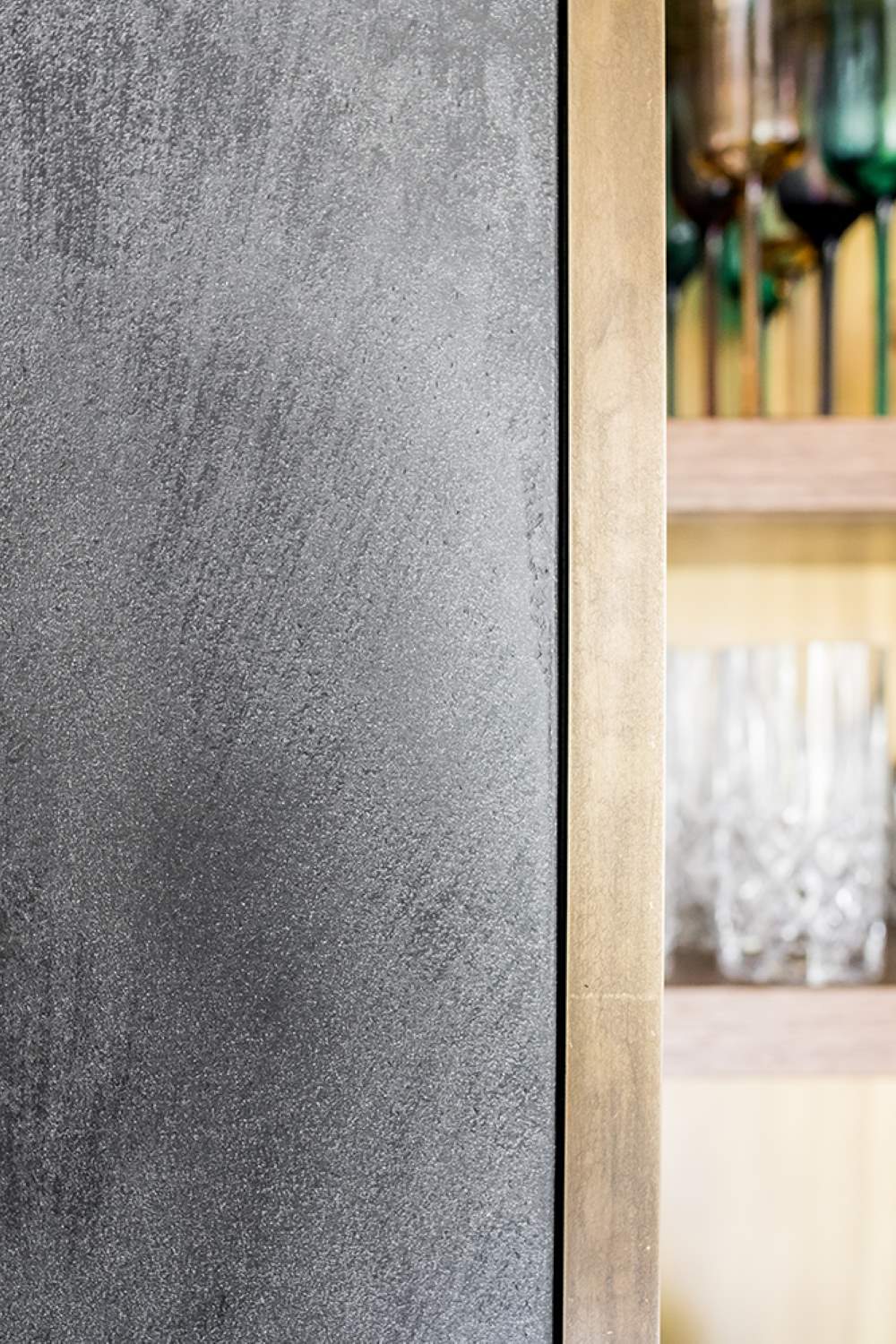
Micro Topping Wall Textures Sentinal Micro Cement Flooring UK
Microcement is the perfect floor finish for anyone who is looking for an alternative to timber or tiled floors. It creates a soft, neutral seamless, contemporary base layer for you to build your interiors around. What's the difference between Microcement and Polished Concrete Floors?
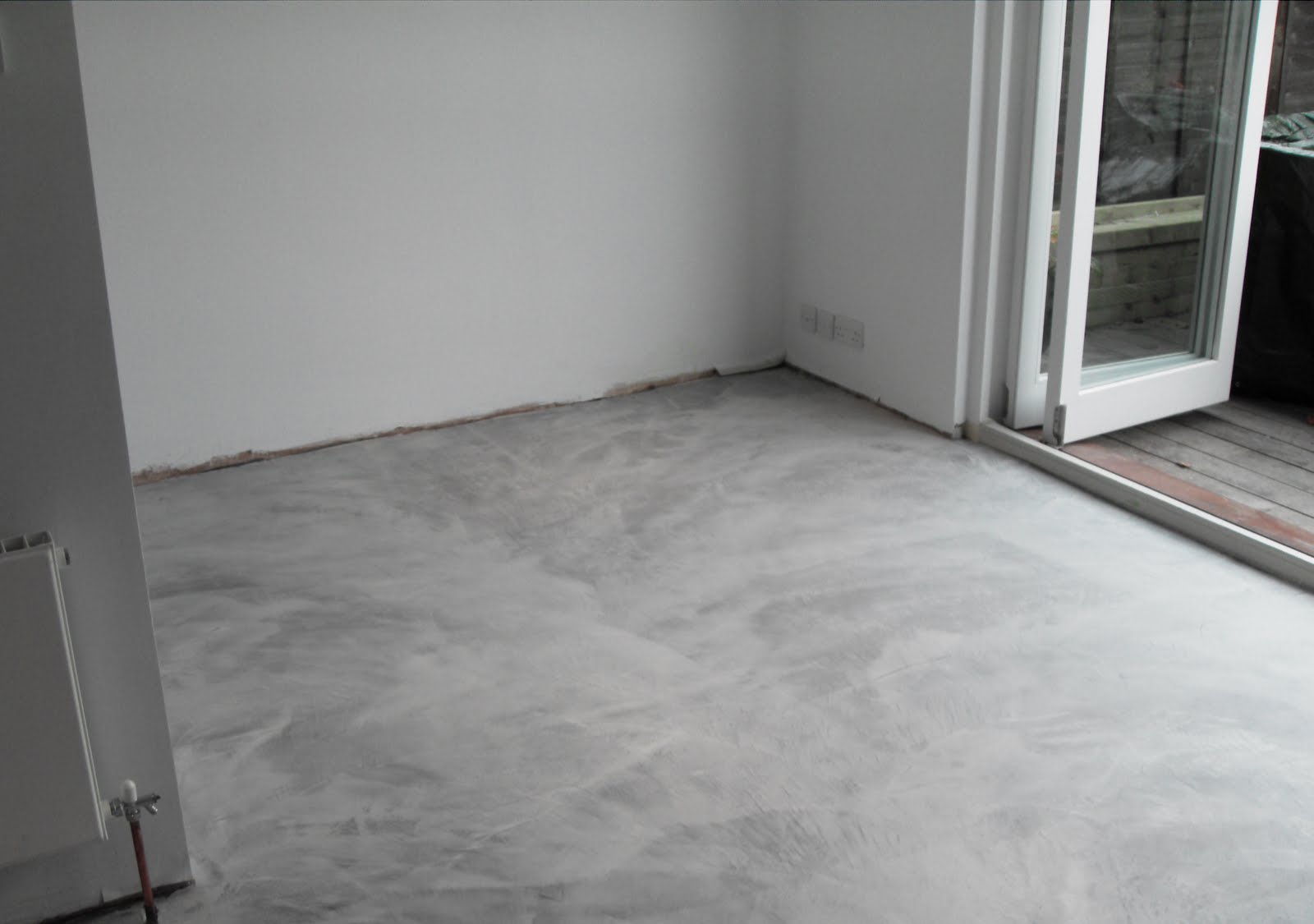
Project MicroCement Flooring Richmond Residential Top Floor Pro
Mix the microcement material, pigment, and water according to the manufacturer's instructions. Apply the second coat of microcement using a trowel or a spatula. Spread the microcement evenly, making sure to achieve the desired thickness. Smooth out the surface using a steel trowel or a finishing trowel.
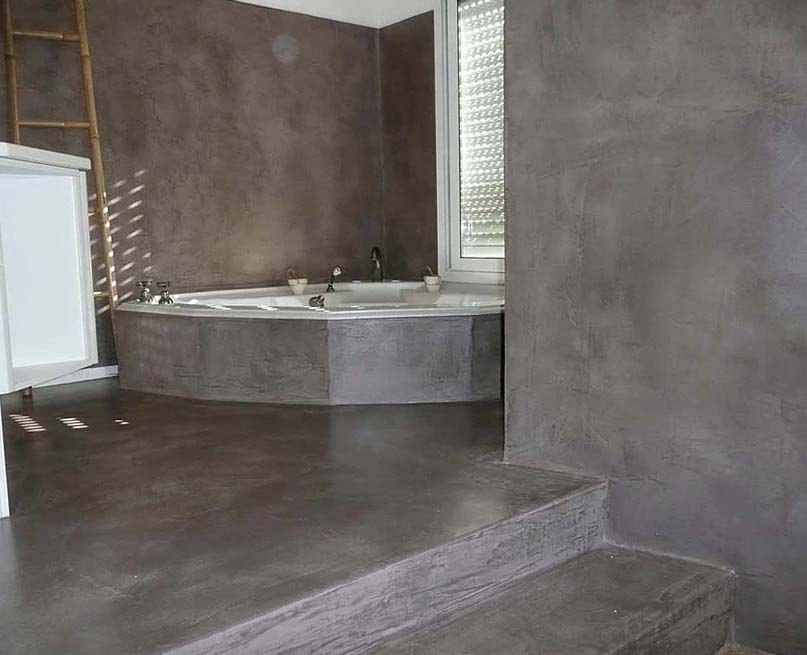
Microcement / Micro Concrete
In its simplest form, microcement is a decorative coating that creates a beautiful, textured finish. Also known as microconcrete or microtopping, microcement is generally made from a combination of high-performance cement, polymer, natural colour pigments and resins. Widely recognised for its minimalist aesthetic, microcement is growing in.

Microcement Walls Polished Concrete Walls Relentless Interiors
The surface over which micro concrete needs to be applied is firstly prepared, which involves washing, cleaning, and removing dust, dirt, gravel, or chemicals. Water, acids, or water blasting can be used to clean concrete surfaces. Corroded materials and steel bars should be cleaned and coated before the application of micro concrete. 2. Mixing.
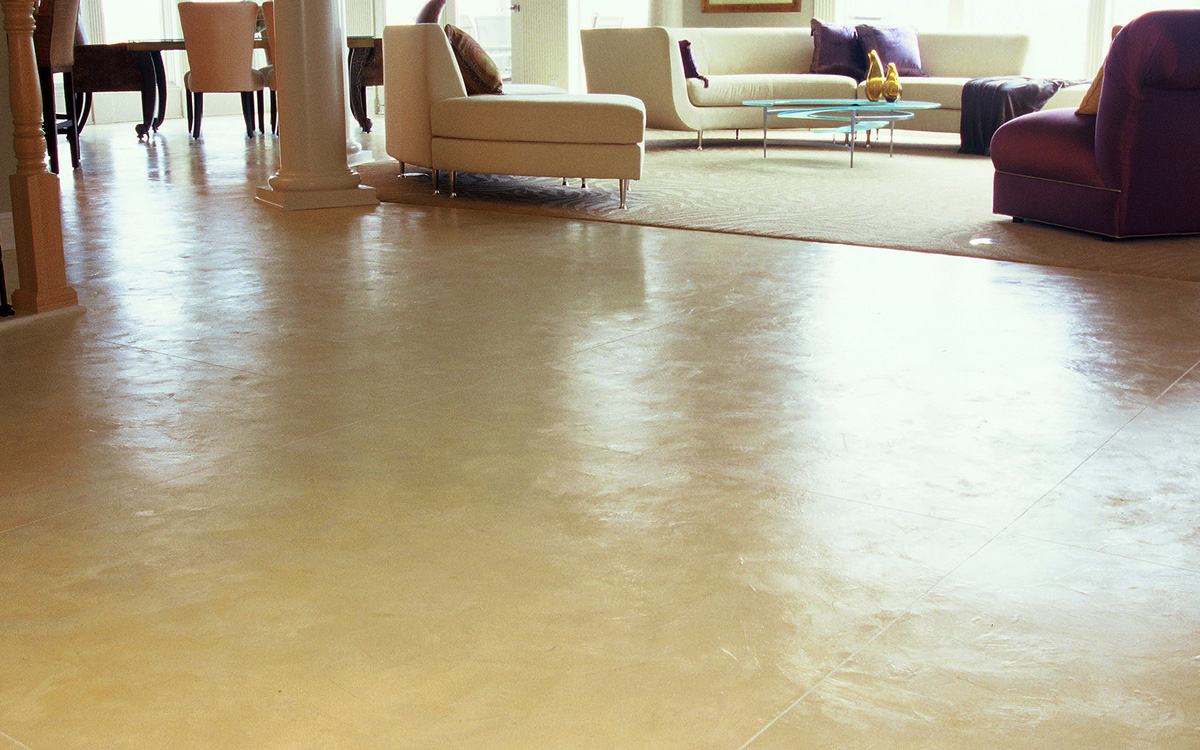
Elite Crete Systems Australia Cementitious
Micro concrete is a thin layer of cement-based material that can be applied on a variety of surfaces to achieve a desired and decorative finish. It is ideally applied in thin layers with a thickness that ranges from barely 2mm to 3mm.

Microcement Barn Leicestershire Abstract Flooring Co Group
Microcement is a material whose properties are not damaged by exposure to sunlight. This resistance to UV rays, as well as to changes in temperature and humidity, has led to this coating being increasingly in demand as an exterior wall covering. Take advantage of the impermeability of microcement walls
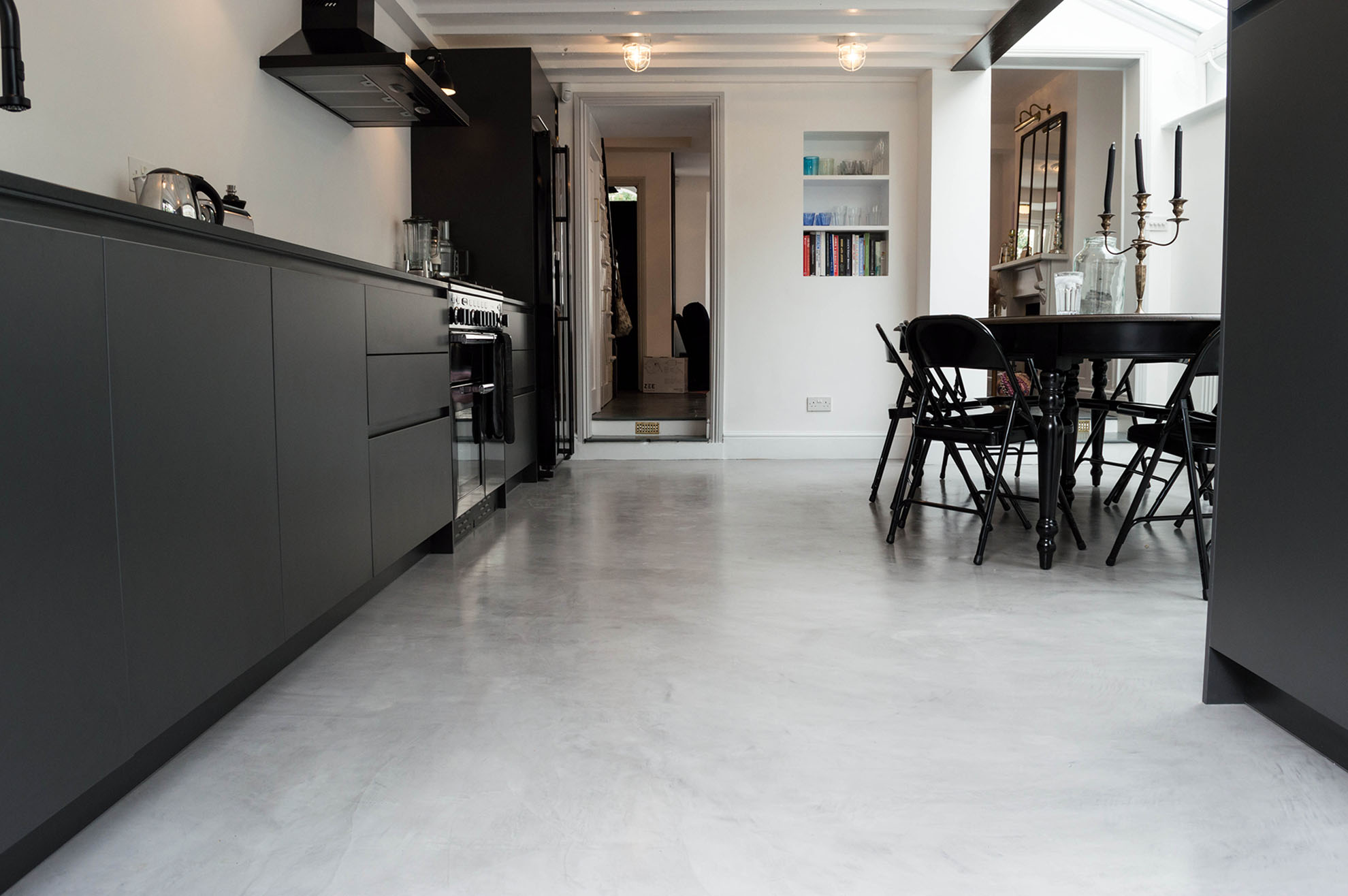
Micro Cement Redefining The Floor, With Finish And Décor Blog Publisher
What Is Micro Cement? Micro cement is a kind of cement-based coating. Typically, it gets applied on surfaces like wood and tile. It is cheaper than real cement. Plus, people can achieve the "cement look" without ripping previous materials out because micro concrete can get put over most materials.

Microcement Flooring Benefits Of A Microcement Floor Relentless
MicroCement is a continous high quality cement and quartz based lining colored with minimum thickness (0.3inch) mixt with polimers, fibers and colors which provide an excelent smoth finish with no joints. Due to its finish and the wide range of colors, the microcement facilitates the creation of unique spaces.

Bath Microcement & Polished Plaster Gallery Portfolio Basement Bathroom, House Bathroom, Small
Microcement, often referred to as micro-concrete, micro-screed, or micro-overlay, is a cutting-edge and highly versatile cementitious coating that has been revolutionizing the interior and exterior design industry in the United Kingdom. This innovative material consists of fine particles and can be seamlessly applied to a wide range of surfaces, including floors, walls, and even furniture in.